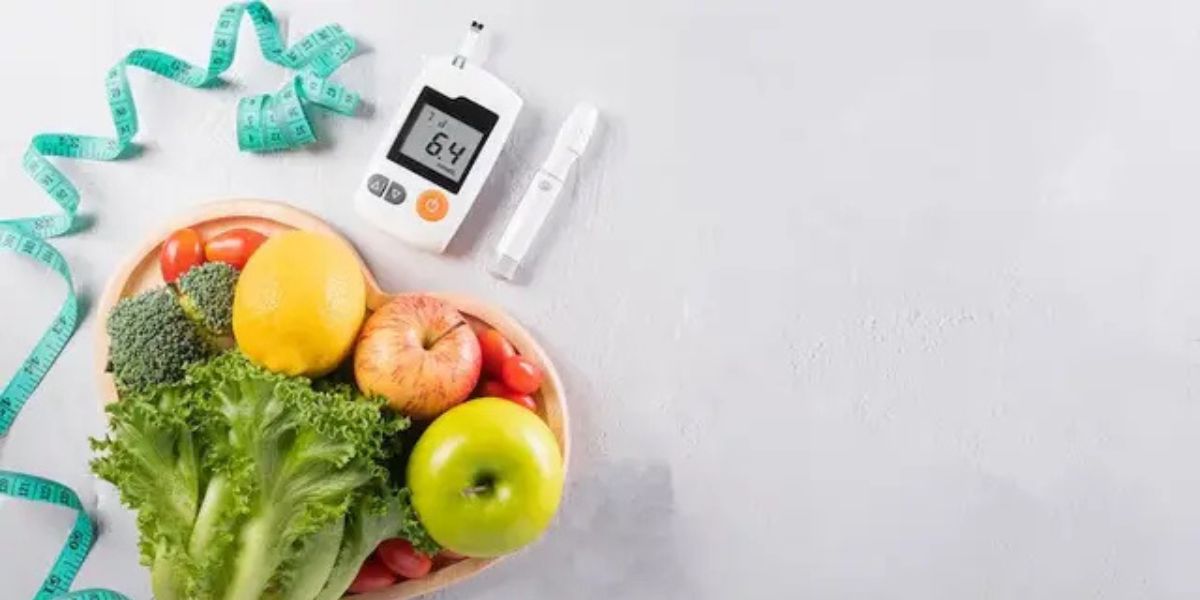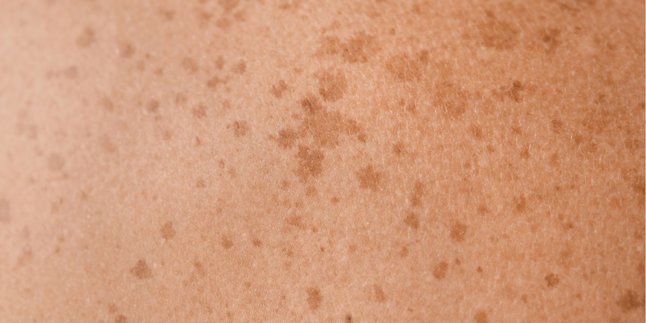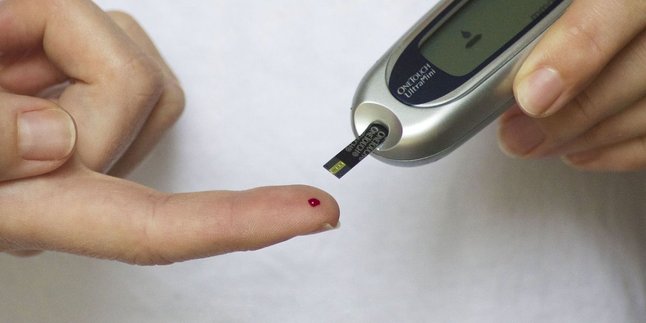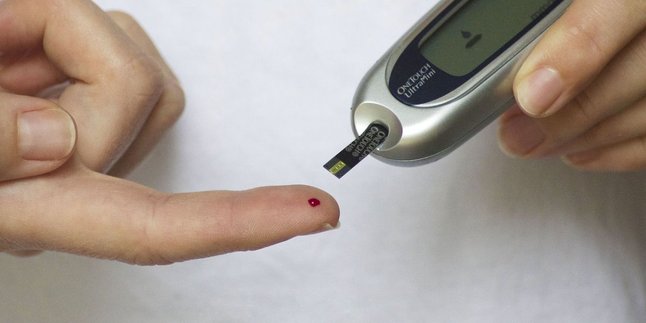Kapanlagi.com - High cholesterol can indeed pose a serious threat to our heart and blood vessel health. If not managed properly, this condition can trigger heart disease, stroke, and various other dangerous complications. But don’t worry! There is a quick solution that can help effectively lower your cholesterol.
Based on various studies, the first step you need to take is to make healthier lifestyle changes. With some adjustments in your diet and daily habits, you can lower your cholesterol levels in a short time. In this article, we will share five quick ways you can try to tackle high cholesterol.
Remember, managing cholesterol doesn’t always have to rely on medications. By adopting a healthier lifestyle, you can reduce bad cholesterol levels more naturally. From dietary changes to exercise habits, check out five effective ways that can help you achieve better heart health!
1. Starting from the Dining Table: Dietary Changes that Have a Quick Impact
Changing your diet is a crucial first step to lowering cholesterol, and the good news is, you can start today without needing to drastically change your life!
First, avoid saturated and trans fats hidden in fatty red meats, fast food, and margarine; instead, replace them with healthy fats like fatty fish, avocados, and olive oil that actually support your heart health.
Don’t forget to increase your intake of soluble fiber from oatmeal, apples, and legumes, which effectively absorb bad cholesterol before it enters the bloodstream.
Also, avoid processed foods that are high in salt and added sugars; instead, choose fresh and natural foods. Add whey protein to your diet to lower total cholesterol and blood pressure.
Most importantly, make all these changes consistently every day from oatmeal breakfast to replacing snacks with fruit so your body can adapt and the results last without harmful side effects.
2. Add These 5 Fruits to Your Daily Menu
The Ministry of Health of the Republic of Indonesia has revealed five magical fruits that can be your loyal companions in naturally lowering cholesterol!
Consuming fruits is not only healthy but also a smart solution to combat bad cholesterol (LDL) thanks to their fiber, antioxidants, and active compounds.
First, there’s avocado, the king of healthy fats that repairs blood vessel walls and maintains cholesterol stability. Then, tomatoes, which are rich in lycopene, a great antioxidant whose effects are comparable to statin drugs in controlling cholesterol, especially when cooked.
Don’t forget lime, which contains flavonoids to suppress the production of bad cholesterol; just brew it with warm water and enjoy it twice a day! Apples, the fruit rich in beta-glucan, are also equally important, helping to bind cholesterol and stabilize blood sugar levels.
Finally, watermelon, which, besides being refreshing, also contains lycopene to maintain vascular health. So, are you ready to add these five fruits to your daily menu?
3. Make Exercise a Mandatory Routine
Physical activity is key to increasing HDL levels, or good cholesterol, in our blood.
According to the Mayo Clinic, simply taking 30 minutes to exercise at a moderate intensity, such as brisk walking, jogging, swimming, or cycling, five times a week can provide incredible benefits for heart and vascular health, as well as help with weight loss.
Exercise serves to burn excess fat that is a source of bad cholesterol, making your body healthier.
Don’t worry if your time is limited; even walking for 10 minutes three times a day can make a difference. The key is consistency and making physical activity a part of your daily lifestyle!
4. Quit Smoking and Reduce Alcohol Now
Smoking is not just a bad habit, but also a major enemy of your heart health. Research shows that cigarettes can increase bad cholesterol (LDL) levels and lower good cholesterol (HDL), and even passive smokers face similar risks.
Not only that, smoking also damages the walls of blood vessels and increases the likelihood of coronary heart disease and stroke. However, there is hope!
Just 20 minutes after you quit smoking, your blood pressure and heart rate begin to return to normal, and within three months, your blood circulation and lung function will improve.
In one year, your risk of heart disease could be reduced by up to 50%! Meanwhile, if you consume alcohol, remember to limit it. Although a little alcohol can increase good cholesterol, too much can actually damage the liver and worsen cholesterol problems.
So, if you are not accustomed to alcohol, there is no need to start just to gain that small benefit.
5. Use Supplements and Medications Only When Truly Necessary
Supplements like fish oil and omega-3 can be good friends for your heart health, as they can lower triglycerides and improve fat profiles in the blood.
However, remember to always follow your doctor's recommendations regarding their consumption. If your doctor prescribes medication to lower cholesterol, be sure to take it as directed while maintaining the healthy lifestyle you have adopted.
Supplements and medications are not substitutes, but rather necessary complements in the journey towards optimal health.
Don’t forget to regularly consult with your doctor so that your cholesterol-lowering progress can be properly monitored, especially if lifestyle changes alone have not been effective enough.
6. Questions About the Topic
If you find yourself with high cholesterol, the first step to take is to consult with a doctor to design an appropriate treatment plan.
In addition, dietary changes and a healthy lifestyle are very important. It turns out that foods rich in fiber, healthy fats, and antioxidants can be allies in lowering cholesterol levels.
However, be prepared to be patient, as lowering cholesterol is not an instant process; it usually takes several weeks to months, depending on how consistently you make the changes.
And if you are interested in herbal medicines, remember to always consult with your doctor before consuming them, for maximum safety and effectiveness.
(kpl/rao)
Disclaimer: This translation from Bahasa Indonesia to English has been generated by Artificial Intelligence.












